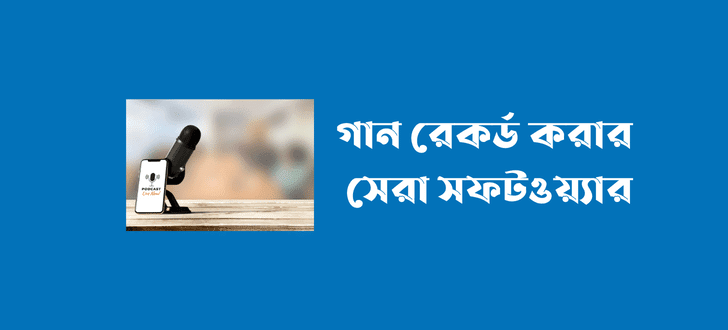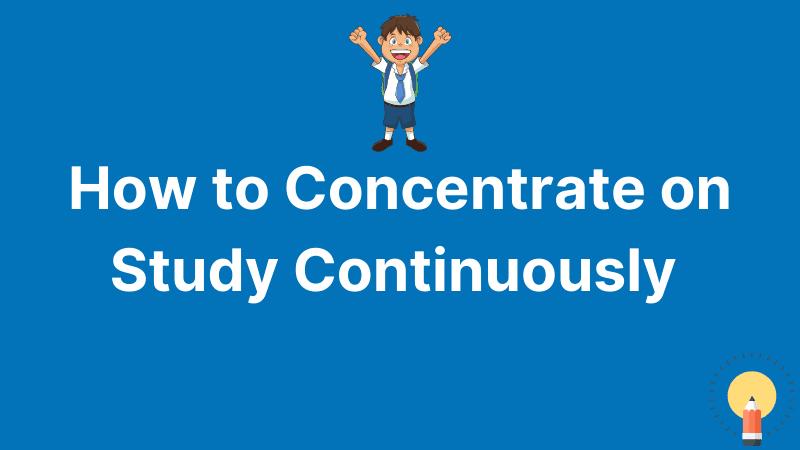How to Stay Awake All Night to Study [10 Ways]
Is there a significant submittal due tomorrow? Or maybe a test in which you must climb a mountain in a single night? Most students need to pull an all-nighter now and again to make up for procrastinating.
How can you make an all-nighter more practical (it's difficult, isn't it?) and less stressful on your body?
In this piece, I'll go through how to pull off an all-nighter, what to do the following day to recover quickly, and when an all-nighter is absolutely necessary.
1. Take a nap
According to one research, naps (at least two hours long) may considerably improve performance, mood, and alertness during a sleep-loss phase compared to no naps or big single doses of coffee. However, naps and coffee are unlikely to help if sleep deprivation lasts more than 24 hours.
So, on the day you're planning an all-nighter, take a sleep in the evening (the later, the better; the longer, the better). Second, if you didn't get enough sleep the night before, you'll be unable to perform effectively for the next two days, no matter what strategy you apply.
Pro Tip: Take a 30-minute nap before pulling an all-nighter to keep your mind alert in the small hours.
2. study early in the night
Your ability to resist sleep weakens as the night becomes darker. If you get stuck on a tough task or come across an irritation at 3 a.m., you're more inclined to give up.
You Should Read:
So, plan ahead of time. First, handle the hardest aspect of the project/study early in the night... or even during the day, and save the simpler, repetitive, or mechanical things for later in the evening.
3. Take low-GI carbs and protein
Carbohydrates provide the majority of your body's energy by releasing glucose into the circulation during digestion. Foods that release glucose fast (high-GI those) cause an energy boost followed by a rapid decrease, leaving you jaded sooner than foods that release glucose slowly (low-GI foods).
First, high GI foods cause rapid increase and fall of glucose, resulting in reduced supply of glucose to the brain, resulting in loss of attention, exhaustion, and sleepiness.
Second, regardless of the GI meal you consume, your energy levels drop in 2-3 hours, implying that you need to replace your glucose level every three hours or so to maintain your energy level.
So, during the night, consume largely low-GI foods (wholegrain sandwiches, oats, porridge, low-sugar museli, low-sugar energy bars, yogurt with seeds/nuts, egg with wholegrain toast, low-fat dairy, soups, salads, and most fruits).
Also, avoid foods with a high GI (example: pizza, white bread, burger, cake, chocolate, cookie, ice cream, potato chips, and sugary beverages).
Protein-rich meals like eggs, meat, lentils, dried fruits, and cheese are also ideal choices since protein releases energy more slowly.
4. Have small portions of caffeine every 2-3 hours
That's what you desire, even only for one night.
But how long does caffeine have an effect? To put it another way, how frequently should you grab for that cup or can?
Caffeine's influence, according to one research, may continue up to six hours. It lasts a long time. And it goes into effect in as little as 15 minutes. Since a result, 2-3 modest size proportions throughout the night should enough, as too much coffee and soft drink consumption might leave you in terrible condition by morning, particularly when excess consumption is not really necessary.
This research, too, favors frequent (every 6 hours in a 2-night trial), little doses of caffeine over rare, big doses for improved performance, mood, and alertness throughout the sleep-deprivation phase.
Caffeine use before bedtime or during the day may cause sleep onset to be delayed, total sleep duration to be lowered, typical phases of sleep to be changed, and sleep quality to be diminished.
5. Take short breaks, get some light exercise
To recover your diminishing attention, start with a 10-minute break every hour and gradually raise it to twice an hour late at night (as the night draws on, you need more frequent breaks to fight off sleep). Such breaks are necessary in regular circumstances, but they are especially crucial while attempting to pull off an all-nighter.
Get some little activity during some of these pauses, such as stair climbing, open-air strolling, jumping jacks, or rope skipping, and, as the night falls, splash your face with cold water.
Whereas the break breaks the sleep-inducing monotony, exercise communicates to the brain that it is time to be aware and concentrated, and therefore you remain awake. (Whenever ancient people felt danger from predators – and there were many – they would become alert and flee furiously. This evolution has programmed in us vigilance as well as physical activity. As a result, when you exercise, your brain receives a signal to remain attentive.)
6. Study in bright light
Our bodies' internal clocks are still unable to distinguish between natural and artificial light (a relatively recent invention when compared to tens of thousands of years of our evolutionary period). The strong light might momentarily reset your internal clock and trick your body into believing it's not time to sleep. As a result, have high-wattage bulbs on hand.
7. Break monotony by varying study positions
Sleep is a fan of monotony. Change your study postures to slap the buddy, such as table and chair, chair alone with legs splayed on the bed, resting against the wall, and strolling on the balcony, among others. Improvise. Experiment with various postures within the restrictions of your study location. There is one exception, however: for obvious reasons, do not lay on the bed.
8. Study/ work in group
If you're in a company (even two is acceptable), you may push each other to be your best gladiator and converse sometimes to keep sleep at bay, particularly in the terrible 4-5 AM zone.
If you don't have a team, you can always phone a night-owl buddy to cheer each other up.
9. Switch study pattern when feeling sleepy
If the subject you're studying is boring you and you're becoming tired, it's time to make a change. Switch from reading or memorizing to problem solving, or switch from notes to flashcards.
10. Drink water to keep yourself hydrated and fresh
Because your brain is 70% water, consuming it improves your ability to think, focus, and concentrate, as well as being more alert. As an extra benefit, your energy levels will be increased!
It moisturizes your skin and maintains it silky, radiant, and smooth. Removes wrinkles. It's the most effective anti-aging therapy available!






